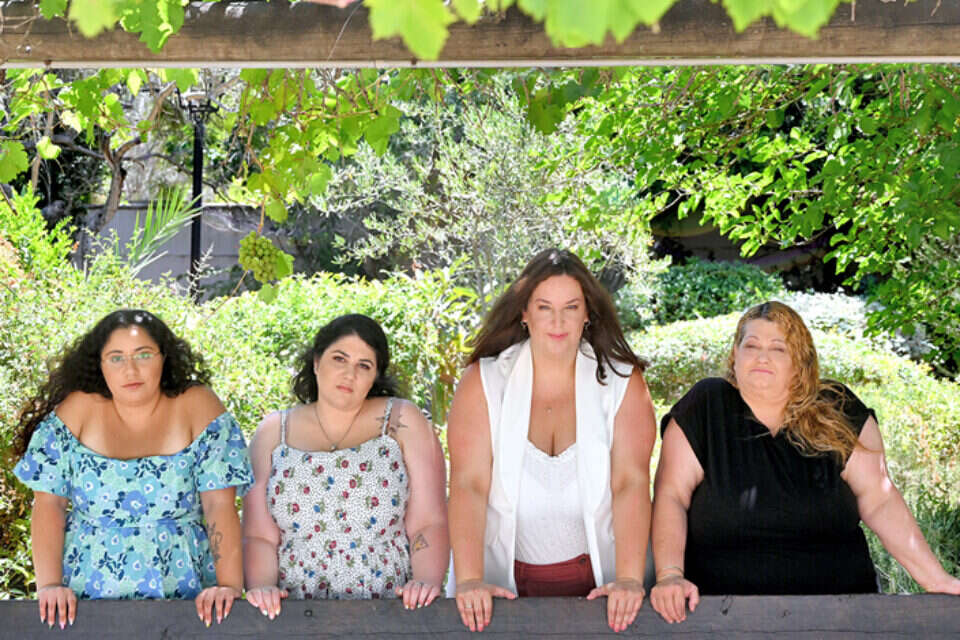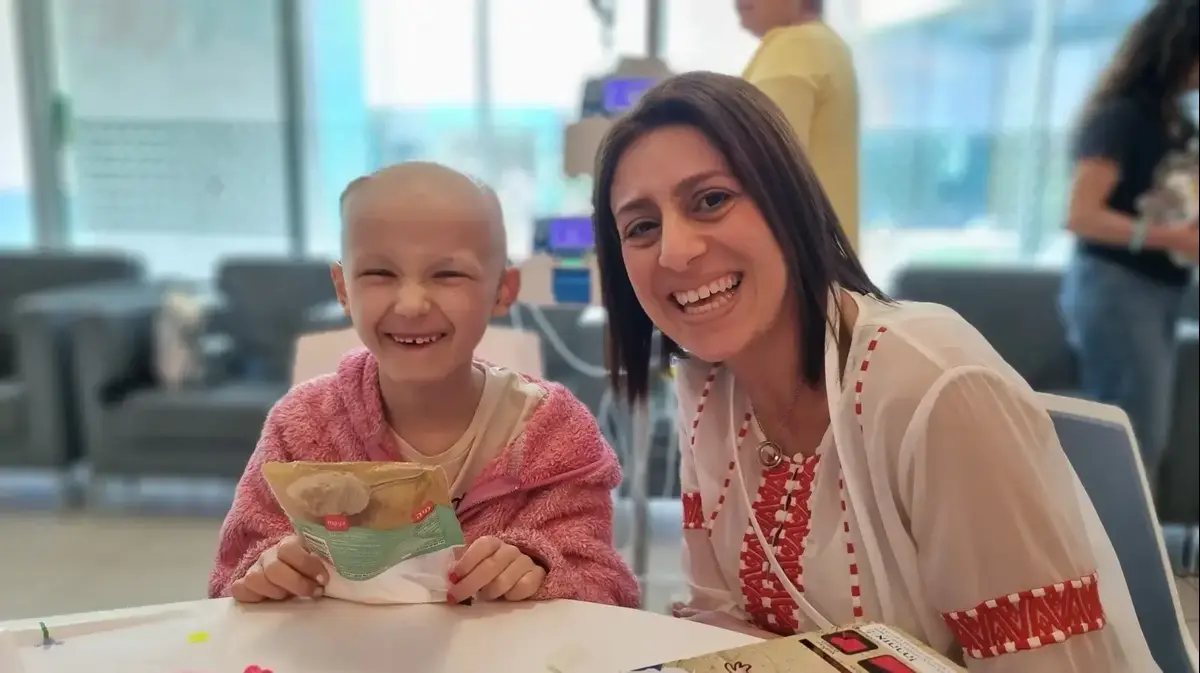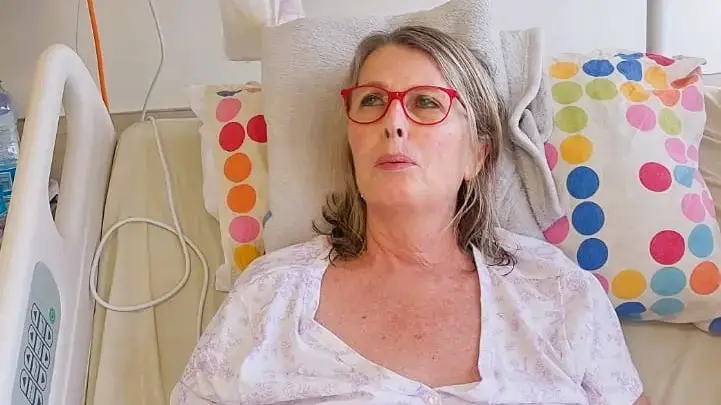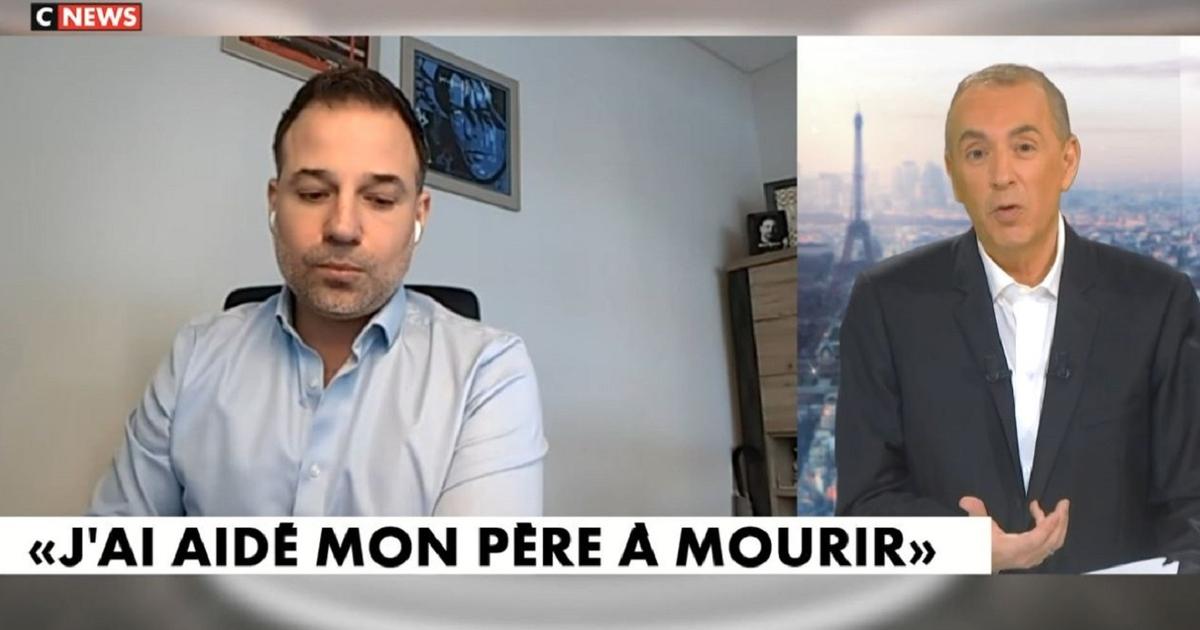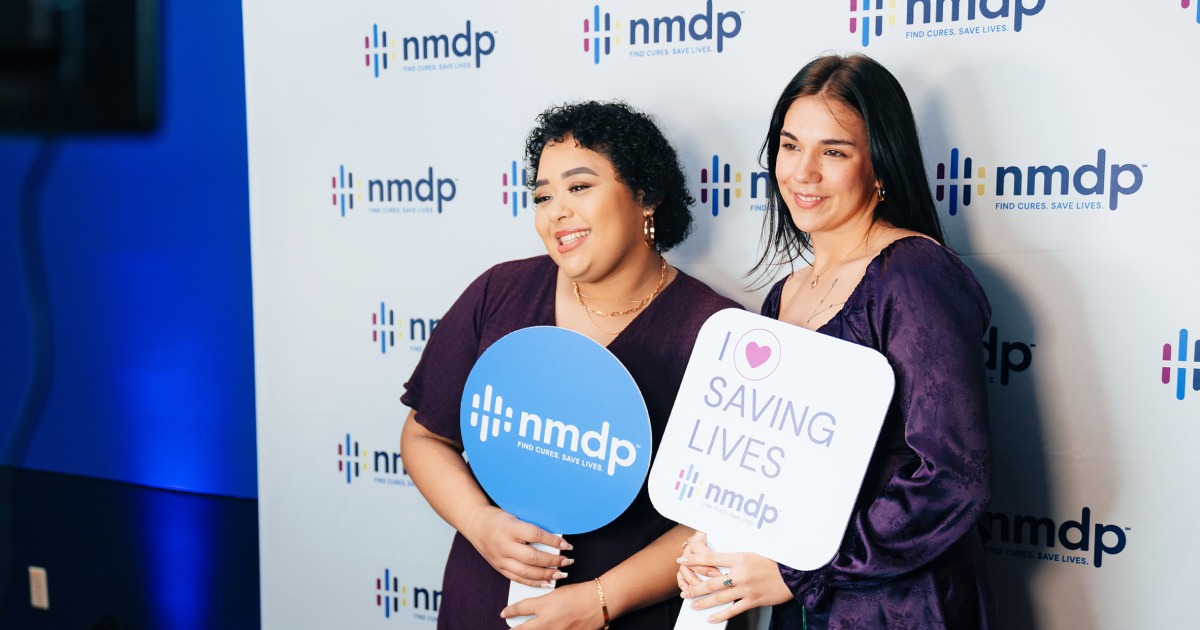When Mai Partosh complained of back pain, the doctors sent her on a diet, and did not at all examine what was subsequently discovered as advanced cartilage erosion.
As a talented Cohen she contracted endometrial cancer, no one agreed to operate on her claiming she was overweight, and she received conservative treatment.
Sol Kantor's doctor, an endometriosis patient, ignored her pain and said she needed to have surgery to shorten her stomach, and the seven-year-old doctor told her that even though her blood tests were normal, she should take shots to "lower her fat" because in a few years her pancreas would stop working.
Dozens of complaints we have collected in recent weeks indicate a serious phenomenon: doctors who make abusive remarks to overweight people, without being asked to do so, and even though it has nothing to do with their area of expertise.
Remarks have devastating effects, causing patients to avoid visiting doctors for treatment and even misdiagnosis.
Most of the complainants are women, but men also suffer from the phenomenon.
The stories are chilling and infuriating: doctors who refused to treat women until they lost weight;
Medical conditions that worsened after the patient refrained from visiting the doctor;
Doctors who work at health funds, in hospitals, and even doctors who receive privately, sin in a degrading treatment towards overweight people, thinking that they are helping the patient and encouraging him to lose weight.
But in many cases, when the comments come without justification or prior clarification, the result is the opposite.
"Doctors feel they are saving lives for patients when they tell them to lose weight, but they do not know what happens to patients after they leave the room," said Dr. Lena Sagi Dain, a gynecologist and geneticist at Carmel Hospital, a senior lecturer and researcher at the Technion. “People can get so hurt, and stop getting tested or ignoring pain, because they are constantly told that the pain is because of obesity.
This is a difficult and serious phenomenon that needs to be stopped. "
Talia Ninio (26) from Petah Tikva came to the doctor about two years ago with a headache.
"I weighed 90 kilos then. I was on the definition of overweight and suffered from migraines 4-3 times a week," she says.
"I went to the family doctor to ask for a referral to a neurologist, but even before he heard me he looked at me and said 'you must stop eating'. I was shocked. Really. He saw my look and added 'you can eat, but only vegetables'. I did not know how to respond I told him it's okay, that I'm already going to someone to take care of nutrition. When he gave me the referral, he added, 'Think about what I said, it's important.'
"I did not answer. This is the first time I have come across such an extreme statement. Yes, I am overweight, but they would always politely ask if I wanted to deal with being overweight, and if I said no, they would leave me. Here he spoke disproportionately.
" I am glad .
That at the time I was not in some crazy insecurity or that I felt unwell with my weight.
I had a supportive environment of friends and family, which reinforced in me the understanding that such a statement is improper and unrelated to me.
Because such sentences from doctors can make a girl anorexic in an instant.
If he had a good purpose - to make me healthier - he should have looked at the blood tests, asked if I needed help with anything.
But he did not look at anything beyond weight, and that is terrible in my eyes. "
The next day, Talia filed a complaint about the same doctor with the HMO, who to this day does not know if she was treated.
"I received an automatic email that day that the referral was received and she was in treatment, and that's it. After a few weeks of not getting an answer, I gave up. That day I also asked to change a doctor, and I started going to someone else."
Even the doctors who treated Sol Cantor (31) from Holon could not ignore her weight.
When she was a girl, she avoided going to doctors so as not to hear comments.
When she grew up and was diagnosed with endometriosis (a gynecological disease that causes pelvic and back pain; BA) she could no longer avoid frequent appointments with doctors.
"All my life I've been overweight," she almost apologizes.
"No one can explain it, but no matter what I eat I am overweight, which is probably due to hormonal imbalance and endometriosis. Directly all my life I suffer from menopausal notes.
" At age 9 I had severe abdominal pain, and among other tests I went to an endocrinologist. Who examined the thyroid gland.
So I was not fat, but my parents were overweight, and the doctor, who was huge herself, looked at us and told me 'you will forever be fat, it's in your gardens', with my parents in the room.
This is a very offensive sentence, which remains with me to this day.
"In the last few years I have had three surgeries to clean lesions created by endometriosis. I underwent the last operation, which was complex, in March 2020, right at the beginning of the corona, and I had a very hard time recovering from it. My friend recommended an expert gastroenterologist To her privately with a ready-made binder containing all my medical file.
"Even before she even opened the medical file, she looked at me and said I was fat and my illness was irrelevant. She added that I needed to have gastric bypass surgery, in a tone of 'I do not care what you say, that's what it should be.' Relevant that I made several dietary changes, had several surgeries.She kept claiming that I had not tried enough and that I should go for surgery.
"I was angry. Who authorized her to wake me up? She does not know me at all. She did not open my binder and did not talk to me about blood tests and the like. And I actually know that my blood tests are normal.
"I looked at her. I told her I did not think I was at all destined for sleeve surgery or gastric bypass, because they are for those with a higher BMI than mine. I was not interested in her when I said I did not come to her to offer me surgery, but for some other reason. .
"I got out of it nervously. I looked at my mother who accompanied me and cried all the way home. I can understand why a fat person is sent to do medical tests to see if his weight is a danger, but my tests are normal. I'm sure if I sent an email, for example, she would not "See me - she would have reacted differently. Her attitude was beyond contempt."
Since that meeting, almost two years ago, Sol has not returned to the doctor or any other gastroenterologist.
"I do not want to meet any such doctor, even though I have to. During those two years I was hospitalized once, where I was given gastro consultation, and also where the doctor referred mainly to weight. It drives me crazy that when doctors see a fat person, they do not see beyond weight.
"It exhausts me. I am a woman with hormonal problems who can not lose weight, because every time I try to lose weight and start a dietary procedure, the body gets a market, I start having excruciating pain and I get hospitalized. Then I also have to suffer comments from doctors, who say 'everything is fine "" You're just fat. "Such remarks make me neglect everything to do with the gastrointestinal field.
Talia Ninio: "I suffered from migraines 4-3 times a week. I went to the family doctor to ask for a referral to a neurologist, but even before he heard me he looked at me and said 'you must stop eating'. I was shocked."
Batsheva, 29, who is married and lives in the northern region, came to the family doctor last October after suffering from hormonal imbalance problems that caused menstrual disorders.
"The family doctor referred me for blood tests to get a hormonal profile, and the results came out abnormal. I went with them to a gynecologist, who I had been treating for years. She refused to go through the tests with me claiming she did not send me to perform them, and slapped me: 'Your problem is that You need to lose weight.
"I replied with a smile that the family doctor had told me that I was healthy and that my blood tests were normal, except for the hormonal abnormality which was probably not related to weight. But the gynecologist added: 'It's because you are not yet 30 and the pancreas has not stopped working, That fat of yours. 'I told her it did not sound pleasant, and she said' do you need me to tell you it's pleasant? '
I was surprised.
"Since I had once consulted her about getting pregnant, and she told me at the time that she had obese patients who got pregnant and no one died, I reminded her of that. But she replied to me 'there were more thin women in pregnancy, and how do you relate to those thin women?' As if losing weight is easier than getting pregnant.
"I, as a person, very much avoid conflicts so I did not react. But I posted the case on a Facebook group of obese pregnant women, and someone identified the doctor according to my story because she experienced something similar. It's awful to me."
Did you get an answer to the medical problem you suffered from?
"The same doctor refused to continue the investigation, but the family doctor who received the results realized that I had polycystic ovaries and gave me treatment. She kindly, calmly explained the rationale that I should lose weight, because hormones are easier to catch in fat cells. I could listen to her. When the gynecologist. She slammed things at me it was very humiliating, and I did not get a logical explanation for the problem or the reason why it is worth losing weight.
"This is also not the first time I have received such treatment. I had a gynecologist who would put me on weight, asking 'What does weight show?'
And if I were to say, for example, that I weigh a pound less, she would answer 'No, that's not what weight shows.' It took me several years to realize that she was doing this in order to prove me on my weight.
"If each of them asked me if I was interested in talking about my weight, it would be fine. But they chose to comment in such an abusive and painful way, and it's awful to me. But the problem is deeper - once strangers on the street feel comfortable commenting to overweight people, Even if it is as if with good intentions, the doctors are sinning against it even more. "
"Announced I had an abortion"
Naama Paska Davis (36) from Ariel, married and a mother of two, is active in creating a positive body image on the net and leads the "Confessions of Fat" groups on Facebook and Instagram, which are joined by almost 6,500 women.
As part of the group activities, she shared her personal experiences of receiving degrading treatment from medical staff regarding weight loss, and the responses of those who experienced similar treatment were not long in coming.
"After the first pregnancy, I had a umbilical hernia," says Naama.
"I had surgery to treat a hernia and went back to doing a medical summary. When the doctor finished examining me, she said, 'Do you know there are women who do gastric bypass because the husband wants to?'
My partner was sitting next to me, and he was shocked too. Why is this statement related? I said 'beauty' and that's it, I did not address this stupid remark at all.
"
This is a very early week, where they are unlikely to see anything on the ultrasound.
The doctor immediately announced that I had an abortion.
She scolded me that I should go for nutritional counseling, and said she would not be able to see anything because of the fat anyway.
"Then I started going to private doctors, so as not to absorb humiliation and get better equipment. I was not ready to absorb more notes. At the end of that pregnancy I had to go through a fetal reversal. I was already tired and exhausted because it was a very advanced stage of pregnancy. I went to the doctor. Who told me 'so big and with such a weak voice?'
"It was very hurtful. Everything was fine with me and the fetus, except for the fact that he was in the opposite position. There was no reason to comment on my weight."
When the issue came up for discussion on social media, Dr. Sagi Dayan turned to Naama and asked to investigate the issue together. "Until I heard about the phenomenon of such an attitude on Facebook, I did not know it," says Dr. Sagi Dayan.
"They never talked to me about discrimination on the basis of being overweight. Not as a student, not as an intern, certainly not as a senior doctor. I realized this was an important issue and turned to Naama so we could gauge the extent of the phenomenon."
1,697 subjects, 96 percent of whom were women, answered the research questionnaire written by Paragraph Davis and Dr. Sagi Dain. The questionnaire was intended for people with a BMI (body mass index calculated using height and weight; BA) over 25.
About half of the respondents agreed that being overweight is a risk factor for various medical problems, and stated that they were interested in losing weight and would even be happy if the medical staff could offer them practical tools for weight loss;
However, 60 percent of respondents indicated that the issue of weight gain in a medical session causes them considerable frustration, and many said they were told to lose weight without being interested in talking about it;
60 percent of respondents testified that they were told to lose weight when the reason for coming to the clinic was not related to weight at all;
And 58 per cent even spoke of insulting, insensitive and judgmental remarks - and especially of referring to being overweight as a major problem, which causes all the other medical problems;
Forty percent of respondents indicated that they frequently avoid a required medical examination, due to fear of disrespectful treatment due to being overweight.
"Stimulate change in the medical staff."
Dr. Lena Sagi Dain // Photo: Carmel Hospital,
"These are very unfortunate results, which caused me to lose faith in humanity," says Dr. Sagi Dayan. ', Which indicates ignorance that even eating only lettuce is unhealthy.
The results of our research have made me more considerate in my discourse with patients, and also strive to stimulate change in medical staff by lecturing and conferring specifically on the treatment of overweight people. "
How do you raise awareness among colleagues?
“I start with an explanation of BMI and the damage of obesity, explaining that it is supposedly true to tell a patient that he should lose weight but that one should think about how to do it without offending the patient and causing him to lose faith in doctors.
"Think of some medical things we missed because the patients did not want to go to the doctor - fractures, herniated discs, genetic diseases of excess cholesterol that were not tested, because the doctor just thought it was obesity. It turned out she had a heart problem.
"This is a serious problem and it should not happen. So I tell my colleagues that you can be right, that being overweight is a health risk, but that you have to be smart. If we really want to help patients, we need to get the message across properly. You can ask them if it's okay to talk "If they refuse, it's their right."
Ronit Cohen: "The doctor came into my life. He told me that if I did not die I would become a nurse. I did not know what to do with myself. I was broken. I was unable to function or work. I thought maybe it was really time for me to die."
Naama was not surprised by the results either.
"The answers have given me a stamp and data on the extent of the phenomenon. I know closely the story of medical treatment avoidance, health paving, treatment. I encourage my community members to complain about treatment from doctors, mainly to flood the issue and show that change can be made."
how?
"Training should be given to doctors at health funds and hospitals, attending conferences and giving lectures on how they should behave with overweight. Without underestimating the knowledge or experience of senior doctors, they are still confident that obesity is dangerous to health and that everything should be done to save the person "Not a way. We all have a common interest: to give patients a proper response."
"He lowered me to the floor"
The results of the study show that when a doctor reprimands a patient for his weight in an abusive way and without being asked, not only does he not help him but he gives up - it can often worsen the patient's medical condition.
This happened, for example, to May Partosh (23) from Kiryat Motzkin, who for years complained of lower back pain, but three different doctors who saw that she weighed over 100 kg hung the problem on obesity and did not send her for further tests.
May Partosh, Photo: Efrat Eshel
"Three orthopedists in Kiryat Shmona told me that it hurts because I am fat and do not do sports," she recalls.
"I enlisted in the army, and there I went to an orthopedist who decided to send me for an X-ray. After a week he summoned me to him and said I had space between two vertebrae in my lower back, which means I was missing cartilage, and had nothing left but to treat the pain with local anesthesia.
"Think about it - from the moment I complained of pain until I actually received treatment, two and a half years passed. Maybe if they had examined me before, they would have discovered a low level of cartilage erosion that could still be treated. It could be that the pain would pass me faster. "But I missed it, because the doctors only saw the obesity and not the problem."
Two years ago, May underwent surgery to shorten her stomach.
"I had a hard time with the weight, and I felt I needed it. Today I'm not thin, but I'm definitely thinner than I was, and when I get to the doctor I get a different treatment than I got before."
Adva Forer: "After the second corona vaccine I suffered from long bleeding during menstruation. All the doctor found it appropriate to tell me was that I was fat, and that all my side effects were from being overweight."
For Ronit Cohen (57), married and a mother of four from Modi'in, the situation was even worse.
Over the years, she gave up quite a few tests and treatments for fear of being overweight, and did not even have knee replacement surgery, as she was told she needed to lose weight first, and she gave up in advance.
Sol Kantor: "At the age of 9 I went to an endocrinologist. I was not fat but my parents were overweight, and the doctor, who was huge herself, told me 'you will forever be fat, it's in your genes.'"
But about a year and a half ago, it was discovered that Ronit was suffering from endometrial cancer.
She went to the doctor for advice on further treatment and came out of it in shock.
"The doctor came down to my life. He told me that they would not operate on me because I would die on the table, that if I did not die I would become a nurse, and that I might even die soon.
"I could not answer him. He lowered me to the floor. When a doctor tells you things like that, you think maybe the situation is really serious. They wanted to do me a certain test without blurring, and I did not agree because it is a very painful test. He went on to say that the test is painful because of my weight, and that he I will not be dropped for that.
"I came out of it with very great sadness. I cried a lot. I felt humiliated and angry. How can it be that the doctor says I will be nursing because of the weight? Right, I'm fat, I'm fighting weight. But you could say otherwise it's unhealthy. I did not know what to do with myself. "I was broken. I was unable to function or work. I thought maybe it's really time for me to die."
On the advice of a relative, Ronit applied for a second opinion from Dr. Liron Kogan, director of the robotic surgery service in the gynecology-oncology department at Hadassah Ein Kerem, and the director of the gynecological oncology service in Assuta, Rishon Lezion.
"As I entered it, at the first meeting, he explained to me in a very pleasant way that there are risks in surgery because I am obese, but that it can be performed. He even stressed that it is really not smart to leave such a disease in the body, which can develop and cause metastases .
"I had the surgery, and although I had a hard time waking up after it, I recovered relatively quickly. I came to him hopelessly, I thought he too would tell me I was fat and had nothing to do. But the day after the surgery I got out of bed and returned to work in less than a week. Mine back. "
"Everyone should get the best care, no matter how much they weigh," Dr. Cogan emphasizes. "It surprises me that there are still fears of treating such people.
We are in 2022, the Western world has been suffering from obesity as an epidemic for a long time, so even overweight people should get the proper treatment regardless of weight loss.
In most cases we can and know how to do it, and anyone who does not specialize in it can refer to someone else.
Everyone can and should be treated.
"A huge study in the UK has shown that overweight women were at increased risk for endometrial cancer, due to the high presence of the hormone insulin and estrogen produced in fat. Both of these hormones were at higher rates in overweight women.
It used to be very difficult to operate on overweight women, but today women who are significantly overweight can undergo robotic surgery to remove the tumor, with the robot being able to work in small, crowded spaces.
This is amazing, because you are doing a large operation of hysterectomy and removal of glands with the help of a robot, and manage to cure a woman who in the past was really difficult to operate on.
"Everyone can and should be taken care of."
Dr. Liron Kogan,
"Unfortunately, this is not the first time I have encountered women who were refused surgery due to being overweight and sent for conservative treatment. Sometimes it is good enough, but in the case of advanced cancer like Ronit's it was not worth the wait."
Is there really no danger in the surgery of an overweight person?
"Obesity can interfere with surgery when the volume of the intestine and fat occupy a considerable space in the abdomen, making it technically difficult to reach the various organs. Fat tissue also bleeds more easily. But even when we talk about complex surgery, we can deal with it. "Such medical procedures in obese women, when robotic surgery has clear benefits. It is impossible to educate a woman who has been fat all her life to suddenly lose weight because we woke her up. I am not the one who will be able to change that."
"More comfortable to wake men"
Although women often suffer from it, the phenomenon is not unique to them.
Yaakov (pseudonym), 43, from Petah Tikva, received quite a few comments in his life regarding his weight.
When he came to the orthopedist last year due to pain in his foot, the doctor scolded him that it was all due to the weight.
"I came to him because of knee pain, caused by incorrect movement during sports. Yes, I am overweight, but I am in good shape and very strong. I lived on the second floor without an elevator, and I would carry shopping and my son's cart upstairs. The orthopedist looked at me, and the only thing He had to say that I have nothing beyond being fat. No matter what treatment he gives me, I need to lose weight, and that if I was not fat I would not get to him in the first place. He used very blunt words. I came out of him with no answers and knee pain, That were not resolved even after I lost weight.
"I guess doctors are more comfortable commenting to men, thinking we're seemingly less sensitive to our weight. But when I get to the doctor I expect to get medical treatment based on the problem I came up with, rather than get unrelated comments.
"I once went with my son to the ophthalmologist. He examined him, looked at me and asked 'and what sport are you doing?', In order to imply to me that I should lose weight. I do not understand what he thought? So he just commented, and I continued to be fat, and the comment contributed nothing but heartache. "
"It all depends on education"
The disparaging attitude, it turns out, does not go unnoticed by medical workers either.
Adva Forer (30) from Netanya, a nurse at the Child Health Center, received quite a few comments about her weight when she arrived for medical treatment.
"After I received the second corona vaccine, I suffered from long-term bleeding," she says.
"The queues for a gynecologist were long, so I went to the women's center at the HMO. All the doctor found it appropriate to tell me was that I was fat, and that all my side effects were as a result of being overweight.
"I told her it was unrelated, that there was already evidence of circulatory disorders after receiving the vaccine, so the phenomenon should be examined. The doctor examined me and said 'everything is fine, lose weight and that's it'. This is also what she wrote in the summary letter, 'Significant overweight, recommended To lose weight. ”For me it was a cancellation of the reason I came, lack of reference to the problem and lack of professionalism.
"I was in such a difficult time with myself then, that I did not find it appropriate to complain about it, but it is a familiar phenomenon - especially with professional doctors. Orthopedists, surgeons, gynecologists. When I come to complain about leg pain, they talk to me about obesity. It is very easy to say it hurts. Because I step on her overweight, but do not look at the fact that I stand on my feet for eight hours, for example.
"As a nurse I can attest, for example, that there is no connection between the growth curves of yesteryear, according to which a drop of milk is used, and the curves of today. If the child is healthy and well, the growth curves of yesteryear are irrelevant to him. And behave accordingly, but some adults less internalize it, and if the child is out of range of the curves send for tests and follow-ups.True, overweight can be a risk factor for hypertension, diabetes, etc., but when arriving a patient with overweight, there is no reason to abort On them all the diseases of the world without checking what they are suffering from.
"As part of the system, I understand more about the impact of the medical staff's words on the patient, so I also pay more attention to the words I say. It all depends on education."
Were we wrong?
Fixed!
If you found an error in the article, we would love for you to share it with us

